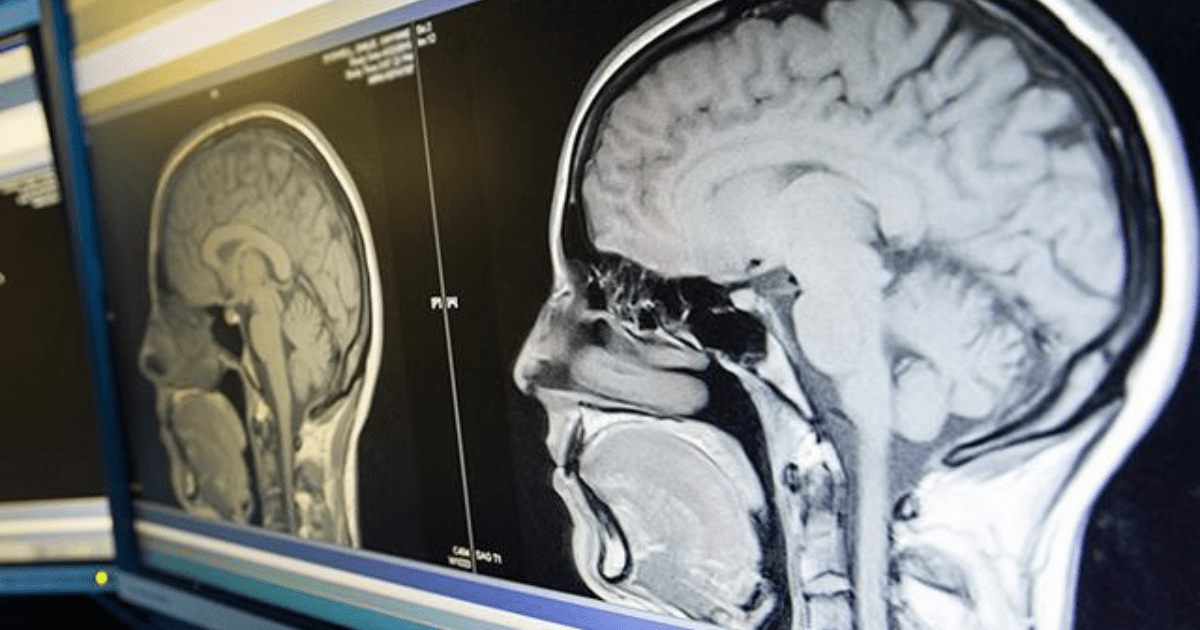Highlights | Groundbreaking new treatment for early-stage Alzheimer’s
- UW Medicine’s Harborview Medical Center is one of the first West Coast hospitals to administer lecanemab (brand name Leqembi) for early-stage Alzheimer’s disease.
- Lecanemab is the most promising treatment advancement for Alzheimer’s disease in over 20 years that is both approved by the U.S. Food and Drug Administration (FDA) and is Medicare-reimbursed.
- While lecanemab is not a cure, the medicine slowed clinical trial participants’ cognitive and functional decline by 27%.
On Dec. 1, 2023, the first UW Medicine patient received an infusion of lecanemab (brand name Leqembi), an exciting new treatment that is now clinically available for qualifying UW Medicine patients with early-stage Alzheimer’s.
UW Medicine’s Memory and Brain Wellness Center at Harborview Medical Center is one of the first West Coast hospitals to administer the IV-infusion treatment.
“This moment is extremely important because, for the first time, we have a drug that is approved for Alzheimer’s disease, that is developed to be disease-modifying, and actually meets its primary outcome measures,” says Michael Rosenbloom, MD, behavioral neurologist for the Memory and Brain Wellness Center at Harborview.
Treating a disease that affects over 6M Americans
Alzheimer’s disease is a type of dementia that affects over 6 million Americans and has no cure. To date, there have been few treatments to slow the speed of the disease. Lecanemab is the most promising treatment advancement for Alzheimer’s disease in over 20 years that is both approved by the U.S. Food and Drug Administration (FDA) and is Medicare-reimbursed.
Watch this video to understand how the infusion-medication works.
With the promise of a treatment that may slow decline, there may be an increase in the interest in an early diagnosis, potentially driving the availability of new diagnostic tests.
More on lecanemab
The UW Medicine Memory and Brain Wellness Center hosted a webinar for patients, families and the wider community regarding the newly approved infusion medication. The webinar recording has information from the Center’s director Thomas Grabowski, MD; Rosenbloom; and clinical trials coordinator Darla Chapman, ARNP, on eligibility considerations for the infusion treatment, the risks and benefits, and Medicare coverage.
Patients interested in lecanemab are screened to assess the patient’s current condition and likely effectiveness of the treatment, as well as the patient’s ability to adhere to the logistical requirements of the program, such as bi-weekly transfusions.
Rosenbloom recommends that anyone who has concerns about their memory seek a doctor’s appointment with either their primary care doctor or a specialist.
“It’s very easy to assess one’s memory,” he says, “It can take three to 12 minutes, depending on the test.”
Broad collaboration across UW Medicine
The availability of lecanemab at UW Medicine highlights the collaboration between multiple teams including UW Medicine’s Memory and Brain Wellness Center at Harborview, Harborview Infusion Center, Radiology Services at Harborview, UW Medicine Neurosciences Institute, UW Medicine Strategy, UW Medicine Pharmacy teams, Department of Laboratory Medicine & Pathology, UW Medicine IT (Information Technology) Services, UW Medicine Revenue Cycle and UW Medicine Finance teams.
For more information about lecanemab at UW Medicine, visit UW Medicine Memory and Brain Wellness Center.



